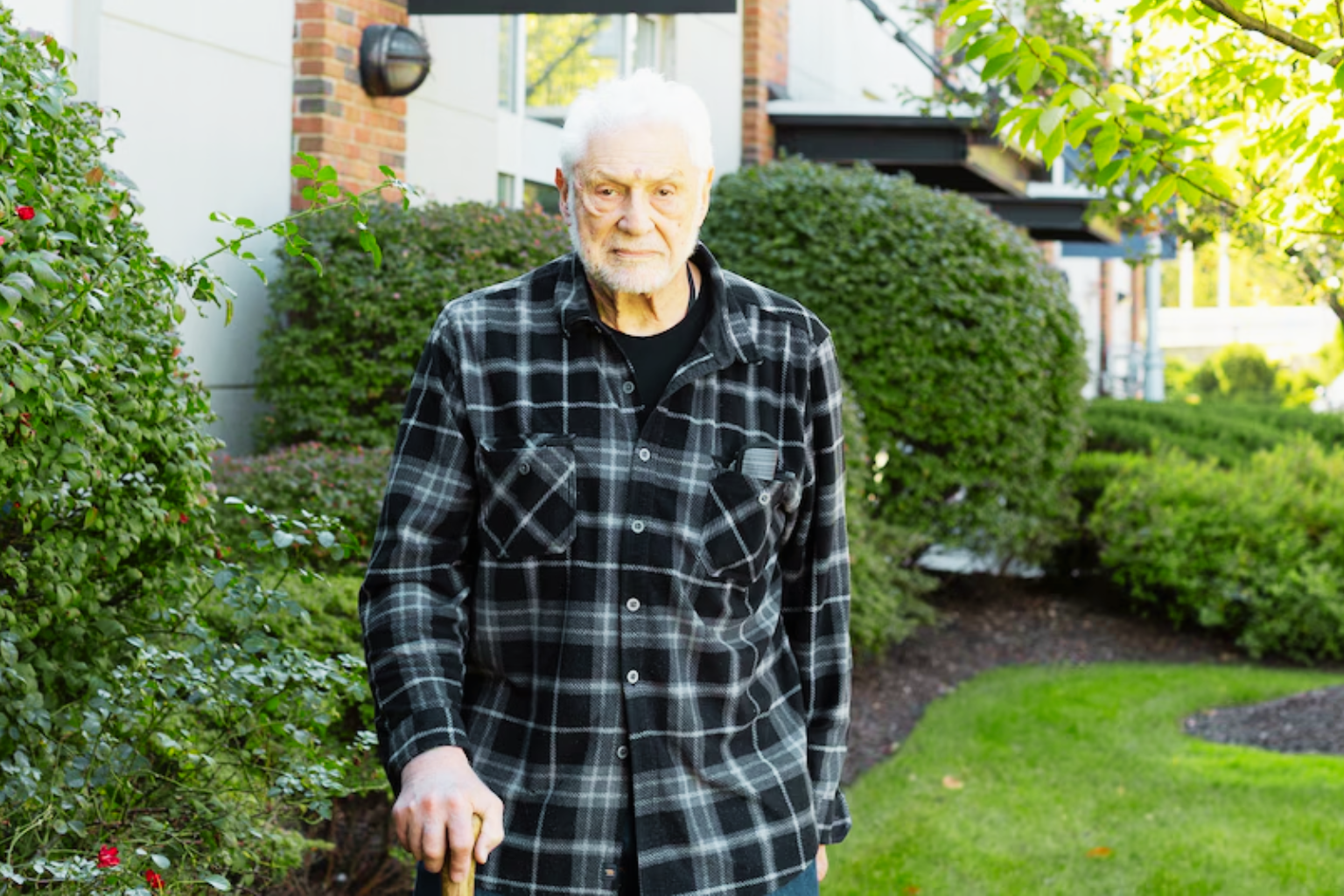Businesses Refusing Cash Payments: What New Jersey Law Really Says

After his physical treatment clinic declined his cash payment, an 84-year-old Montclair resident sparked a major issue. The event at a local rehabilitation firm prompted issues about whether New Jersey enterprises can refuse payment and go cashless.
When staff told the retired teacher who needs physical therapy for mobility that only credit cards or checks were accepted, he was astonished. Like many Americans who prefer cash for small transactions, he noted that U.S. currency is “legal tender for all debts, public and private.” This phrase has caused many to conclude that establishments must accept cash, but New Jersey law is more complicated.
Retailers in New Jersey must accept cash payments since 2019. The law protected unbanked and credit-card-less residents. Businesses can be fined $2,500 for the first infraction and $5,000 for the second. Lawmakers claimed the goal was to prevent discrimination against cash-only shoppers.
Not all enterprises are covered by the statute. Physical therapy centers and other healthcare practitioners are medical service providers, not retailers, thus they may be in the murky area. State officials said healthcare services are not “retail” under the Consumer Fraud Act, which controls the no-cash policy. Therefore, medical offices and therapy clinics can legally operate cashlessly.
This legal vacuum has confused many residents concerning their rights. Health providers accepting ordinary co-pays should still accept cash, according to state senators who helped approve the 2019 law. They feel denying cash unfairly affects elders and low-income patients who choose not to use credit cards. However, many healthcare organizations say digital payments are safer, more convenient, and prevent theft.
Cash acceptance advocates note that not everyone has access to digital banking or credit. Many people, especially senior adults and low-income households, still use cash for daily purchases. These individuals may be denied from services when businesses refuse cash, which lawmakers call treating some residents like “second-class consumers.”
State officials have not ruled on whether medical offices must accept cash. The New Jersey Attorney General’s Office believes healthcare practitioners are exempt, although no court cases have decided the question. Medical firms might choose to go cashless until a court verdict or new law clarifies the situation.
The argument mirrors a nationwide trend as more companies adopt digital payment systems. Many customers like cards and apps, but others think cashless policies are unfair. Policymakers will need to balance efficiency, privacy, and accessibility for all citizens as society moves toward digital transactions.
New Jersey residents should realize that most retail establishments must accept cash, but healthcare facilities, including physical therapy centers, do not. Public pressure and awareness may lead to more inclusive payment alternatives for all.
Sources
NJ Consumer Fraud Act (2019 Cash Acceptance Law)
Statements from the New Jersey Attorney General’s Office
Comments from State Sen. Paul Moriarty and local officials




